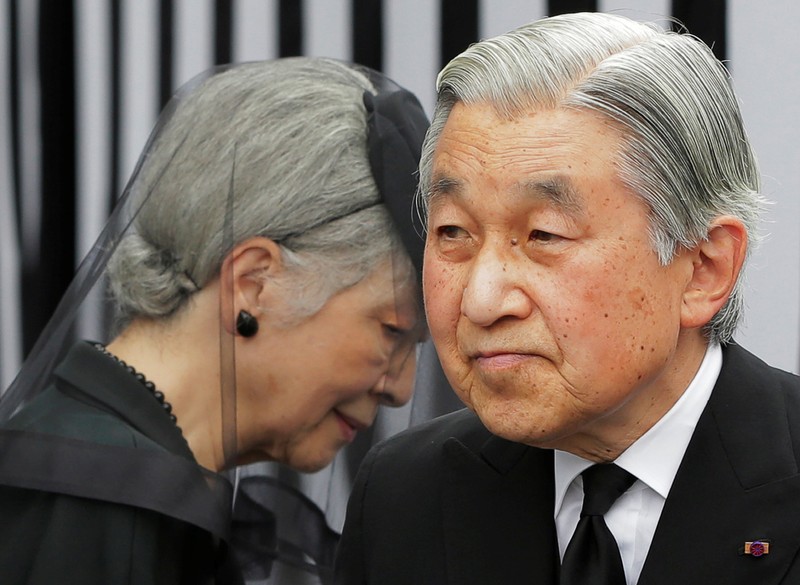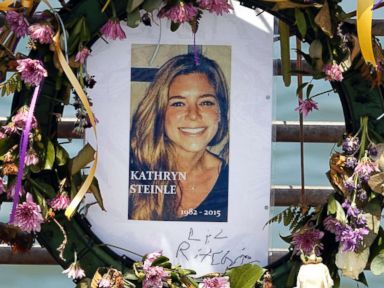
FILE PHOTO: Japan’s Emperor Akihito (R) and Empress Michiko leave after praying at the altar of late Prince Tomohito, a cousin of the Emperor, in Tokyo June 19, 2012. REUTERS/Itsuo Inouye/Pool/File Photo
December 1, 2017
By Linda Sieg
TOKYO (Reuters) – A special panel meets on Friday to discuss the date for Emperor Akihito’s planned abdication – the first by a Japanese monarch in about two centuries – clearing the way for the government to formally decide when the octogenarian emperor will retire.
Akihito, who turns 84 on Dec. 23, is likely to step down on April 30, 2019 and his heir, Crown Prince Naruhito, 57, formally ascend the Chrysanthemum throne the next day, media reported.
The 10-member Imperial Household Council is headed by Prime Minister Shinzo Abe and includes lawmakers, royals and supreme court justices.
Akihito, who has had heart surgery and treatment for prostate cancer, said in rare remarks last year that he feared age might make it hard to fulfill his duties.
Once considered divine, Japan’s emperor is defined in the post-war constitution as a “symbol of the state and of the unity of the people”, but has no political power.
Akihito, along with Empress Michiko, has spent much of his time on the throne seeking to soothe the wounds of a World War Two, which was fought in his father Hirohito’s name, and consoling victims of disasters or other woes. He is widely respected by many average Japanese.
Akihito has consistently urged the people never to forget the horrors of war, remarks that have garnered increased attention since Abe took office in 2012 and sought to adopt a less apologetic tone toward Japan’s past military aggression.
“He redefined the job. He wanted to modernize the monarchy and take care of the unfinished business … and bring the imperial household closer to the people,” said Jeffrey Kingston, director of Asian studies at Temple University Japan.
“He’s been remarkably successful on all fronts. He is deeply admired and respected. His moral authority is unquestioned.”
Once Akihito steps down a new “imperial era” will begin, replacing the current “Heisei” or “achieving peace” period which began on Jan. 8, 1989, the day he took the throne.
Japan uses the Western-style Gregorian calendar but has also preserved the ancient custom in which the reign of a new emperor ushers in a new era.
The last time a Japanese emperor abdicated was in 1817.
A law adopted in June allows Akihito to step down, but left details such as timing to be worked out later.
(Reporting by Linda Sieg; Editing by Michael Perry)

